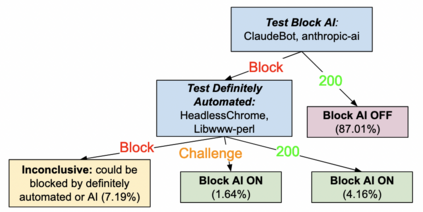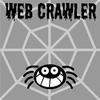The success of generative AI relies heavily on training on data scraped through extensive crawling of the Internet, a practice that has raised significant copyright, privacy, and ethical concerns. While few measures are designed to resist a resource-rich adversary determined to scrape a site, crawlers can be impacted by a range of existing tools such as robots.txt, NoAI meta tags, and active crawler blocking by reverse proxies. In this work, we seek to understand the ability and efficacy of today's networking tools to protect content creators against AI-related crawling. For targeted populations like human artists, do they have the technical knowledge and agency to utilize crawler-blocking tools such as robots.txt, and can such tools be effective? Using large scale measurements and a targeted user study of 182 professional artists, we find strong demand for tools like robots.txt, but significantly constrained by significant hurdles in technical awareness, agency in deploying them, and limited efficacy against unresponsive crawlers. We further test and evaluate network level crawler blockers by reverse-proxies, and find that despite very limited deployment today, their reliable and comprehensive blocking of AI-crawlers make them the strongest protection for artists moving forward.
翻译:暂无翻译









